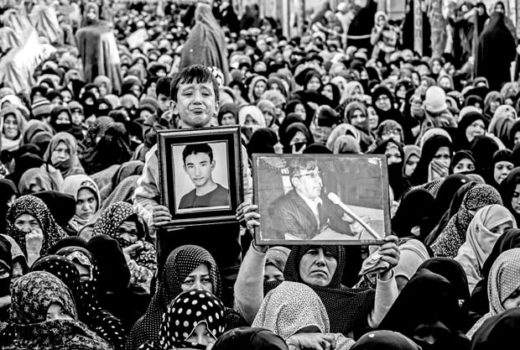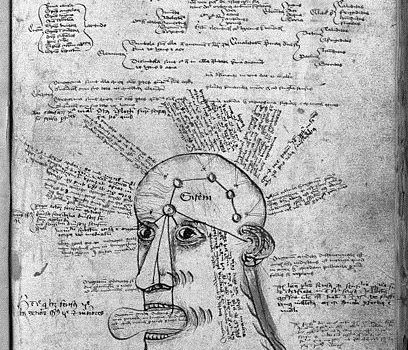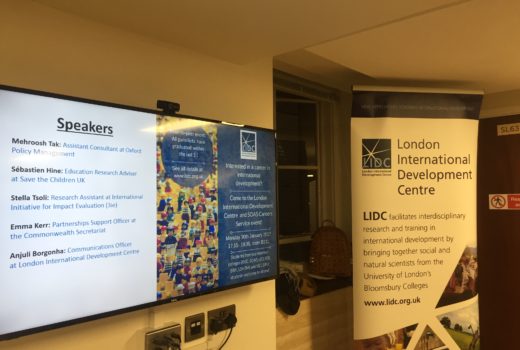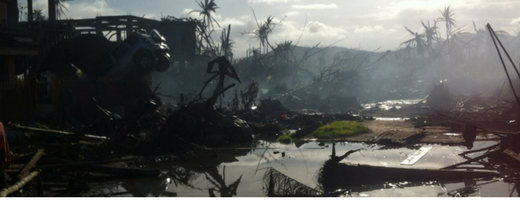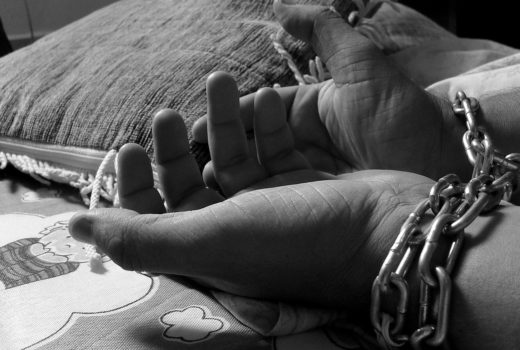LIDC has now closed
In the Clutches of a Long-Standing Genocide: Pakistan's Hazara Community
The minority Hazara community of Pakistan has been in the grip of sectarian violence for decades. Amidst the conflict, most Hazaras have fled the country while others await their predetermined fate. In this time of hopelessness and chaos, Pakistan’s national education system, which is laden with bias and propaganda, plays a crucial role in fuelling tension between communities. It is high time the government introduces educational policy reform as a step toward conflict resolution and peacebuilding.
Tackling Global Inequality: Interdisciplinary Perspectives
At the LIDC Biennial Conference on ‘Interdisciplinary Approaches to Inequality’ in April we had an afternoon of parallel sessions on a range of issues including health and nutrition, education, corruption, linguistics and economics and infrastructure. Here is a sum up of the key points of each session and the issues and solutions discussed.
Can We Solve Planetary Hunger?: An Anthropology of Dietary Science
“We need to think of humanity as one of the key driving forces of global environmental change”. Human beings are changing ecosystems globally, and this is having a profound impact on our ability to feed ourselves. Researchers working on issues of global hunger must now take an increasingly dynamic approach to hunger because hunger is shifting. Hunger today is in transition, changing alongside human health and the global climate.
Can Tanzania Reverse the Curse?
Many resource rich countries fall victim to the natural resource curse. Tanzania has recently discovered vast reserves of natural gas, and has passed policies over effective management of these reserves. It is leaving many people asking if this new legislation is enough for Tanzania to reverse the curse.
“Point of Contact”
How was I going to be able to resolve the facts I knew about infant mortality (Angola has one of the highest rates of children dying before they reach their 5th birthday) and maternal death (also high in Angola) with the type of “first-world” health care I was seeing? My stethoscope was not going to help me communicate this. I reached for my camera.
The Yellow Movement: Challenging Gender Inequality
Gender based violence is affecting female students at Addis Ababa University in Ethiopia. The Yellow Movement has formed to fight this violence. Find the movement on Facebook!
How Can I Get My First Job in International Development?
In January LIDC held a peer-to-peer careers networking event. Here are they key tips that our development professionals shared on how to get a job in international development!
Digital Transparency: Who can I trust in an age of digital fundraising?
Digital transparency involves communicating a clear mission and being open about how money is spent. Charities must be transparent in their digital fundraising if they want to encourage donor confidence. But how do you find out what actually happens to the money?
Human Trafficking in the Wake of Natural Disaster: Exploring a Clandestine Phenomenon
The example of Typhoon Haiyan in the Philippines is an interesting case to start unravelling the link between migration, trafficking and natural disasters. The country is one of the most disaster-prone in the world, experiencing an average of 20 typhoons a year – most recently, Typhoon Nock-Ten (local mother Nina) which hit the country on Christmas Day 2016.
Sex Trafficking from Nigeria to Italy: A Complex and Vicious Cycle
The proportion of sex workers in Italy that are migrants is growing and estimates suggest they make up to 90% of the sex worker population in Italy. Most are female and the majority come from Nigeria, where the women trafficked are getting younger and younger.
- « Previous
- 1
- …
- 11
- 12
- 13

